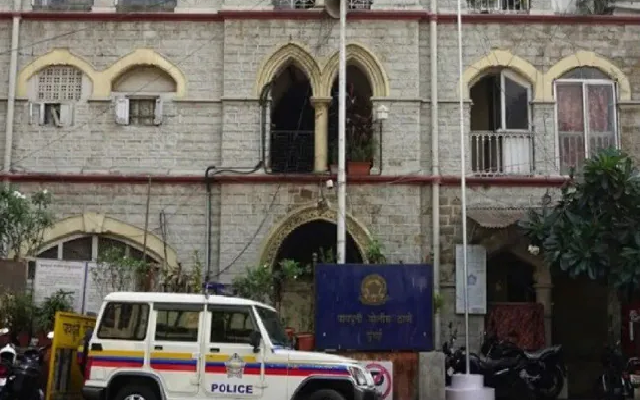During a recent TV debate on Dadri lynching, the BJP spokesperson presented an interesting hypothesis on riots and the party’s electoral performance. According to him, “electorally BJP does not reap any benefits out of polarized politics. History has it that if a Babri Masjid was demolished then we lost all the elections of the state assemblies afterwards. If Gujarat riots took place we lost 2004 elections”. The debate on BJP’s role in communal polarization has regained currency since its stunning victory in 2014 national elections. This happened in spite of a relentless campaign by its political adversaries on the suspect role of Narendra Modi, its prime ministerial candidate, in 2002 Gujarat riots.
The debate on BJP’s role in communal polarization has regained currency since its stunning victory in 2014 national elections. This happened in spite of a relentless campaign by its political adversaries on the suspect role of Narendra Modi, its prime ministerial candidate, in 2002 Gujarat riots.
Since then riot incidents prior to local elections, for example in Western Utter Pradesh or in Delhi, have been presented as BJP’s strategy of communal polarization for electoral benefit.
Curiously, existing empirical literature has only tangentially looked at the link between Hindu-Muslim riots and BJP’s electoral performance. These studies have either only focused on election outcome after a specific riot event (Dhattiwala and Biggs, 2012; Jha, 2012) or not accounted for the plausible endogenity of riot outcomes.
My study is the first empirical research, to the best of my knowledge, to establish a causal link between Hindu Muslim riots and BJP’s electoral results. Results show that BJP’s vote share in state level assembly elections increases between 2.9 to 4.4 percent in response to different riot outcomes.
Theoretical Framework and Data Analysis
This study draws from the literature on ethnic mobilization and voting. The link between Hindu-Muslim riots and BJP’s electoral performance is contextualized within the broader framework of voting behavior i.e. whether decision to vote on ethnic lines is based on sincerity or strategy.
Recent literature (Chandra, 2009) points to a strategic interest in voting, even when done on ethnic lines. Voting for a co-ethnic may be done strategically either for material rewards or psychological gains through having a co-ethnic in power. The desire for such gains, especially psychological rewards, should be stronger in the aftermath of ethnically polarizing events like a riot. In other words, riot events should increase the probability of voting on the lines of religion.
I test this theory by analyzing the effect of prior Hindu-Muslim riot events on BJP’s electoral performance in state assembly elections. The study covers 151 districts for a period between 1980 and 2000. Straightforward estimates of riots’ impact on BJP’s vote share could be biased for two reasons. First, there may be some unobserved factors which jointly determine riots and BJP’s vote share. Second, BJP may itself be instigating riots to gain votes, leading to the problem of reverse causality. I use temperature change as an exogenous source of variation in riots to correct for this bias.
Main Results
Riot variables have a positive and statistically significant effect on BJP’s vote share. For example, a one percent increase in the number of riots in a district improves BJP’s vote share by 4.4 percent. Similarly, a percent increase in the number of people killed in riots within a district increase BJP’s vote share by 2.9 percent.
These results are robust to outlier districts i.e. those districts which had the highest incidence of riots in my sample. This assures us that the results are not being driven by a few outliers. Interestingly, riot events also have a negative and statistically significant effect on Congress party’s vote share.
For example, Congress party’s vote share decreases by about 2 percent in response to a 1 percent increase in riot incidents within a district. These results lend credence to the “electoral incentives” theory (Wilkinson, 2004) i.e. anti-minority events like Hindu-Muslim riots lead to transfer of votes from Congress, purporting an economic redistribution agenda, towards BJP, which has positioned itself as a right wing nationalist party. In other words, riot events should further benefit BJP’s performance in constituencies where it is locked in a direct electoral battle with Congress.
Cavaets and Conclusion
This study analyzes whether Hindu-Muslim riots causally affects BJP’s electoral performance. I find a positive and statistically significant effect of riot events on BJP’s electoral performance. However, the study does not establish any mechanism through which BJP could cause religious polarization and ensuing riots.
I believe we need a more systematic study of electoral mechanisms which could be employed by the party to polarize voters. Till then the daggers may remain drawn on BJP’s role in fomenting communal disharmony for electoral success.
Huffington Post
















